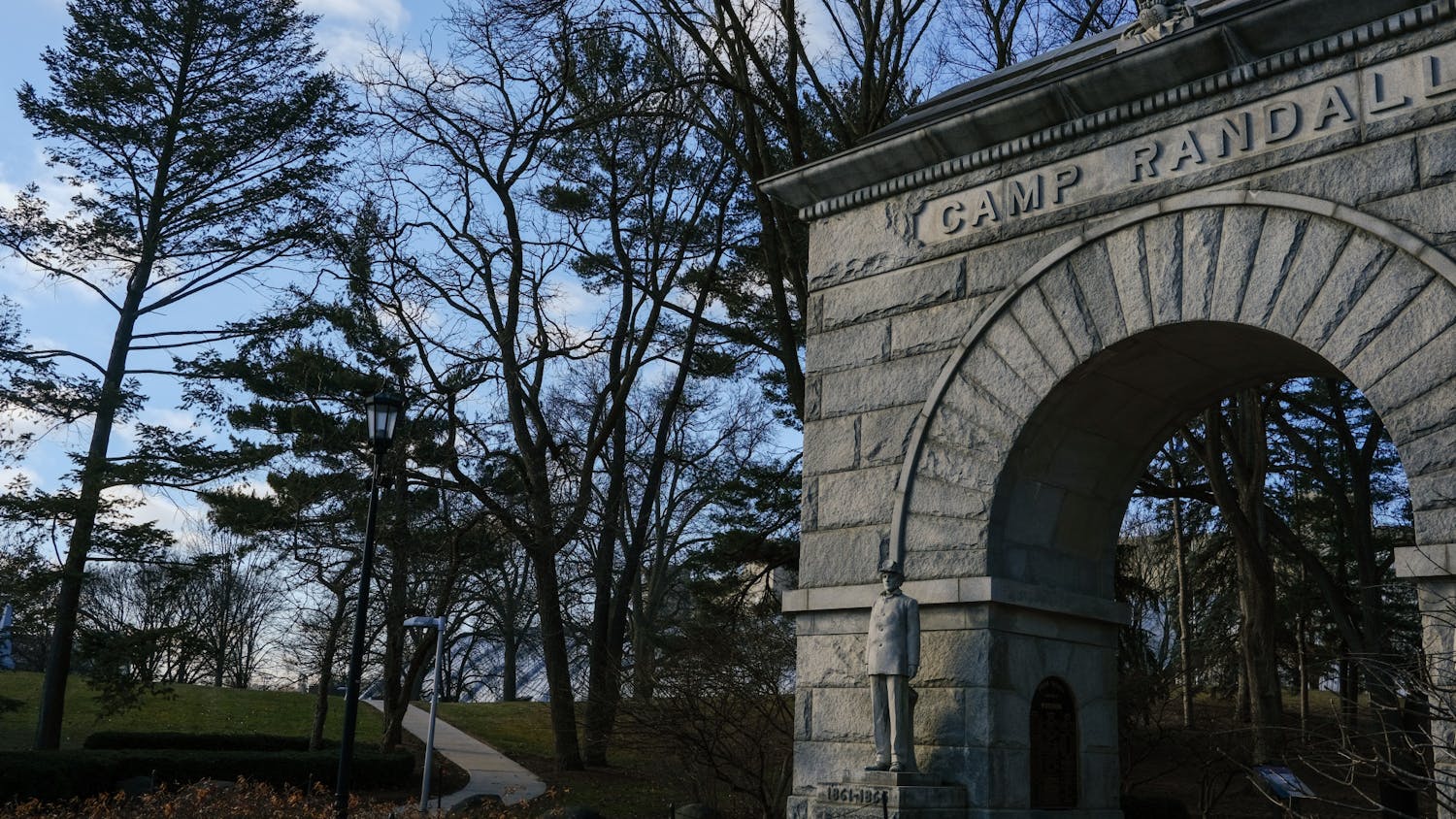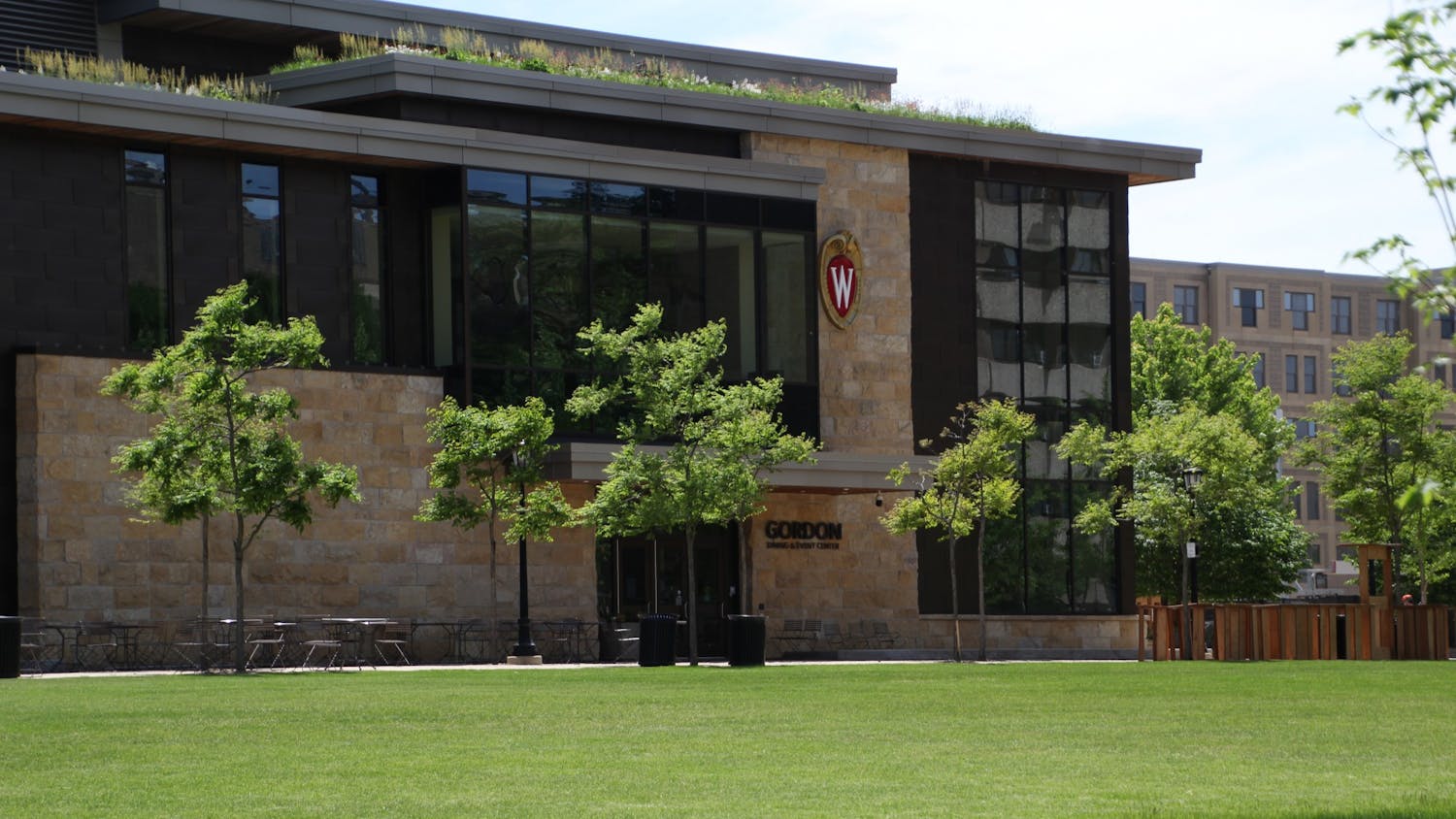Even throughout the cold winter months, shelves in Wisconsin’s supermarkets are perpetually stocked with lettuce, berries and citrus of all kinds. While Wisconsin's growing season might be over, warmer states such as California and Florida continue to grow produce that we enjoy everyday. Extreme weather events, however, may make it harder to find the seasonal produce we’ve come to expect.
Wisconsin's agriculture and economy are heavily linked to both its fellow states and neighboring countries. In the United States, Wisconsin is the leading exporter of ginseng, cranberries, whey and sweet corn. The state’s economy, however, is also heavily dependent on imports from across the U.S., especially fruits and vegetables. A large player in keeping produce on Wisconsin's shelves, even through the dead of winter, is California.
“There are a lot of foods, especially a lot of fruits and vegetables … that are really well suited to California,” said Andrew Stevens, assistant professor of agriculture and applied economics at the University of Wisconsin-Madison. “If [Wisconsin] is a part of the breadbasket of the United States, California is the salad bowl.”
California produces over a third of the country’s vegetables as well as three-fourths of its fruits and nuts. California is able to produce this much produce, especially leafy vegetables with a short growing season, because of its irrigation techniques. Over 40% of California's agricultural land is irrigated, totalling 9.6 million acres and consuming over 34 million acre feet of water. That much water could fill Lake Mendota 83 times and cover over 31 million football fields in one foot of water.
“One of the benefits of irrigation is that you can give a plant exactly the optimum amount of water when you want to,” Stevens continued. “For a lot of farmers in California, as long as they have access to water, they don’t want it to rain because the rain screws up their whole system.”
This carefully maintained system, however, has been heavily affected by the devastating storms and flooding in California that started in late December 2022. These seemingly never ending storms were caused by waves of atmospheric rivers. Atmospheric rivers are long, narrow bands in the atmosphere that carry immense amounts of water vapor. Most atmospheric rivers are relatively weak systems that provide beneficial water and snow. This year, however, back-to-back confluences of atmospheric rivers, combined with a sudden drop in pressure called a “bomb cyclone,” has caused flooding, destruction and the death of over 19 people.
While these storms seem far away from Wisconsin, they have potential ripple effects that could affect your next trip to the grocery store. These floods can wash out entire fields of high demand — short life cycle crops such as lettuce or kale.
“Do I think you’re going to see empty shelves? No, but that’s because the prices [will be] higher,” Stevens said.
Stevens went on to describe that because much of the crops affected are planted in short, overlapping cycles of two to three months, California’s agricultural system will bounce back relatively quickly. However, this may lead to a short term increase in price, as less produce is imported from California and may instead be imported from places farther away such as Mexico and South America.
“To some extent, these higher prices are the economy working to ensure that there's still lettuce on the shelf when you go to the grocery store,” Stevens commented. “If you’re doing a double take and saying ‘Maybe I’m not gonna have a salad this week,’ that’s the system working.”






